Empathy
Recent articles
The case for redefining ‘theory of mind’: Q&A with François Quesque
In a new commentary, Quesque and 44 experts in neuroscience and psychology propose a standardized lexicon for research on the attribution of mental states.
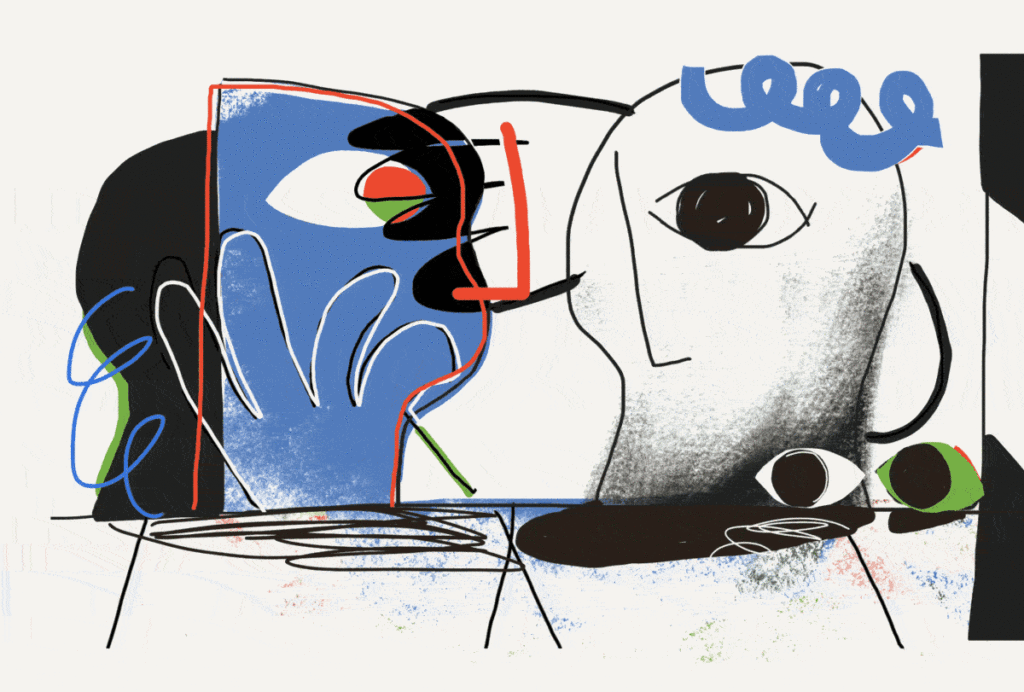
The case for redefining ‘theory of mind’: Q&A with François Quesque
In a new commentary, Quesque and 44 experts in neuroscience and psychology propose a standardized lexicon for research on the attribution of mental states.
Larry Young built bridges with his social neuroscience research
Known for his work bringing oxytocin studies to the mainstream, Young died unexpectedly last month.
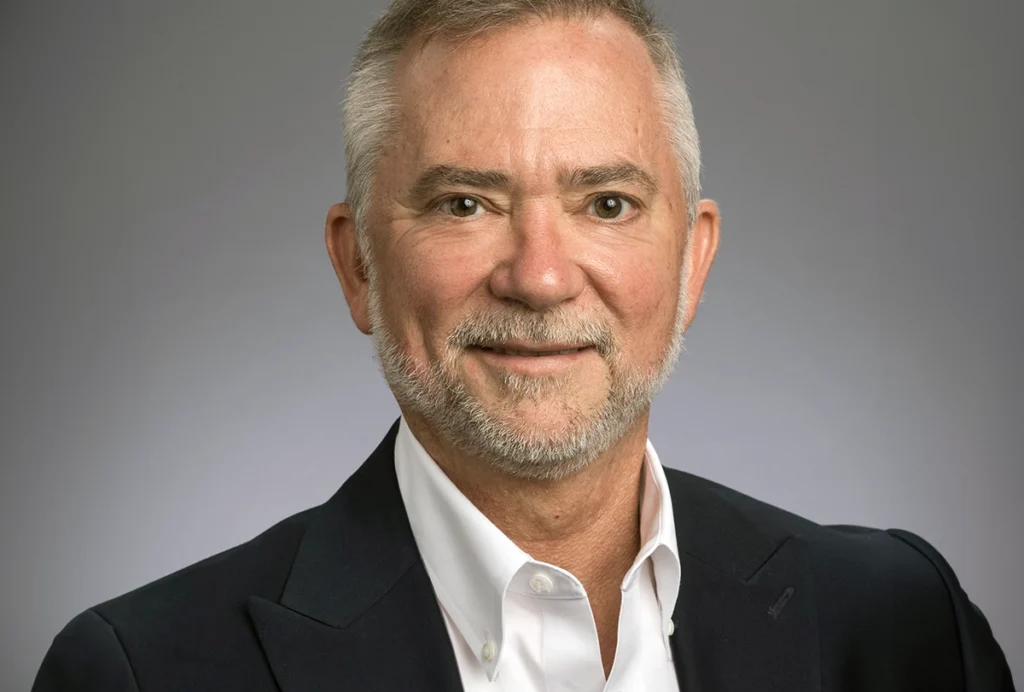
Larry Young built bridges with his social neuroscience research
Known for his work bringing oxytocin studies to the mainstream, Young died unexpectedly last month.
Setting up a frog colony and pair bonding with Lauren O’Connell
To become a scientist, O’Connell first needed to leave the family farm.
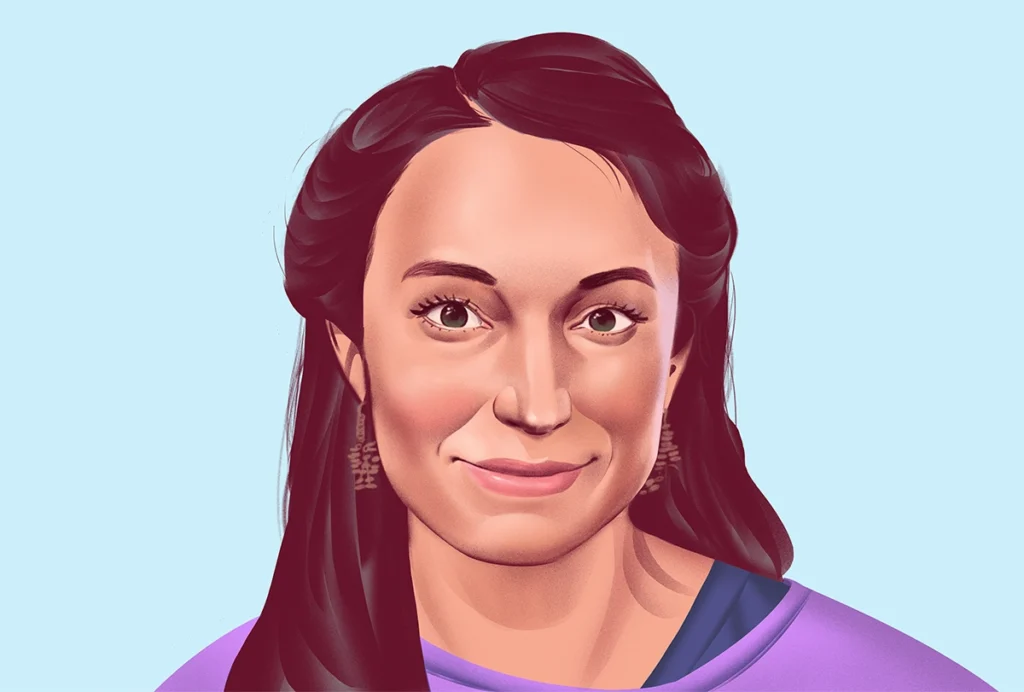
Setting up a frog colony and pair bonding with Lauren O’Connell
To become a scientist, O’Connell first needed to leave the family farm.
Noah Sasson: Connecting with the autistic community
Intentional interactions with autistic people led Sasson to refocus his research.
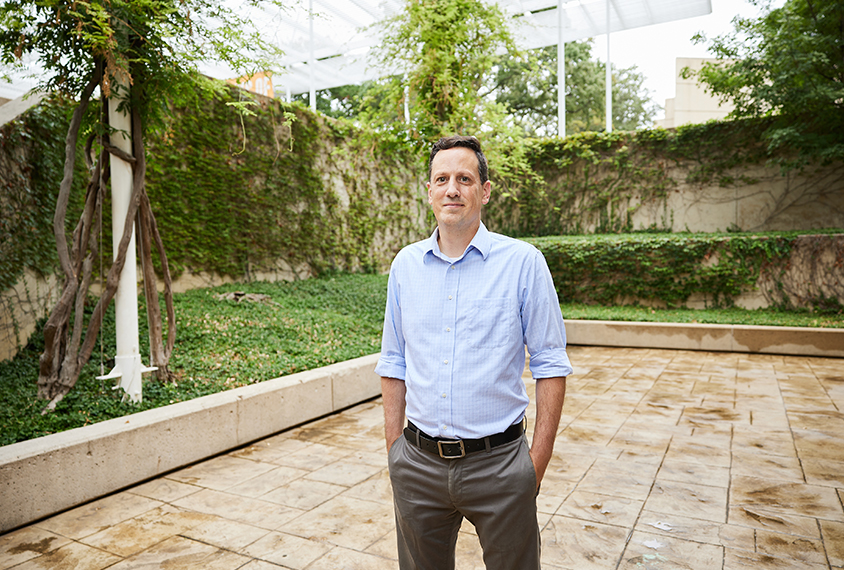
Noah Sasson: Connecting with the autistic community
Intentional interactions with autistic people led Sasson to refocus his research.
How losing a parent helped shape David Mandell’s approach to autism research
Autism’s “fearless” researcher takes on the big questions.
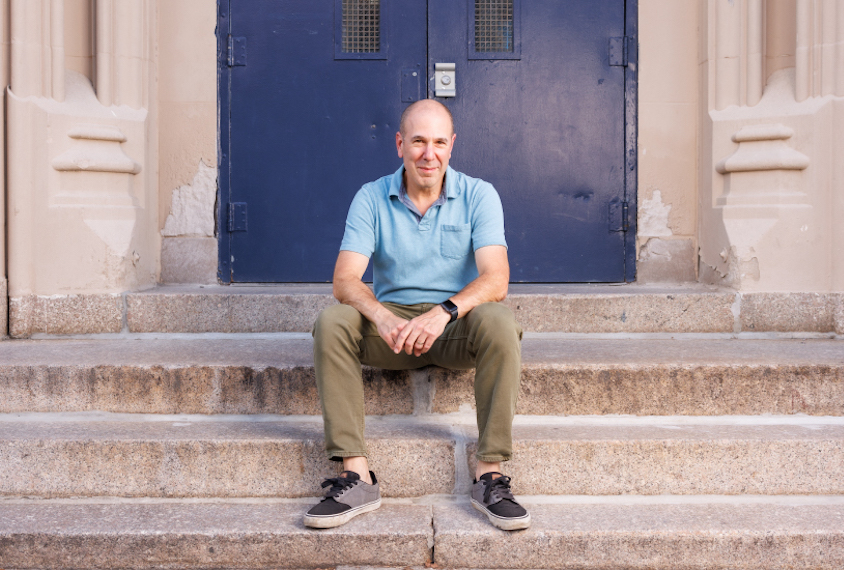
How losing a parent helped shape David Mandell’s approach to autism research
Autism’s “fearless” researcher takes on the big questions.
Null and Noteworthy: Metacognition, balovaptan bust, pattern recognition
This month, we pore over null results from a study of the accuracy of emotion recognition skills in autistic people, clinical trials of a vasopressin drug called balovaptan, and an analysis of ‘systemizing’ abilities in autistic children.
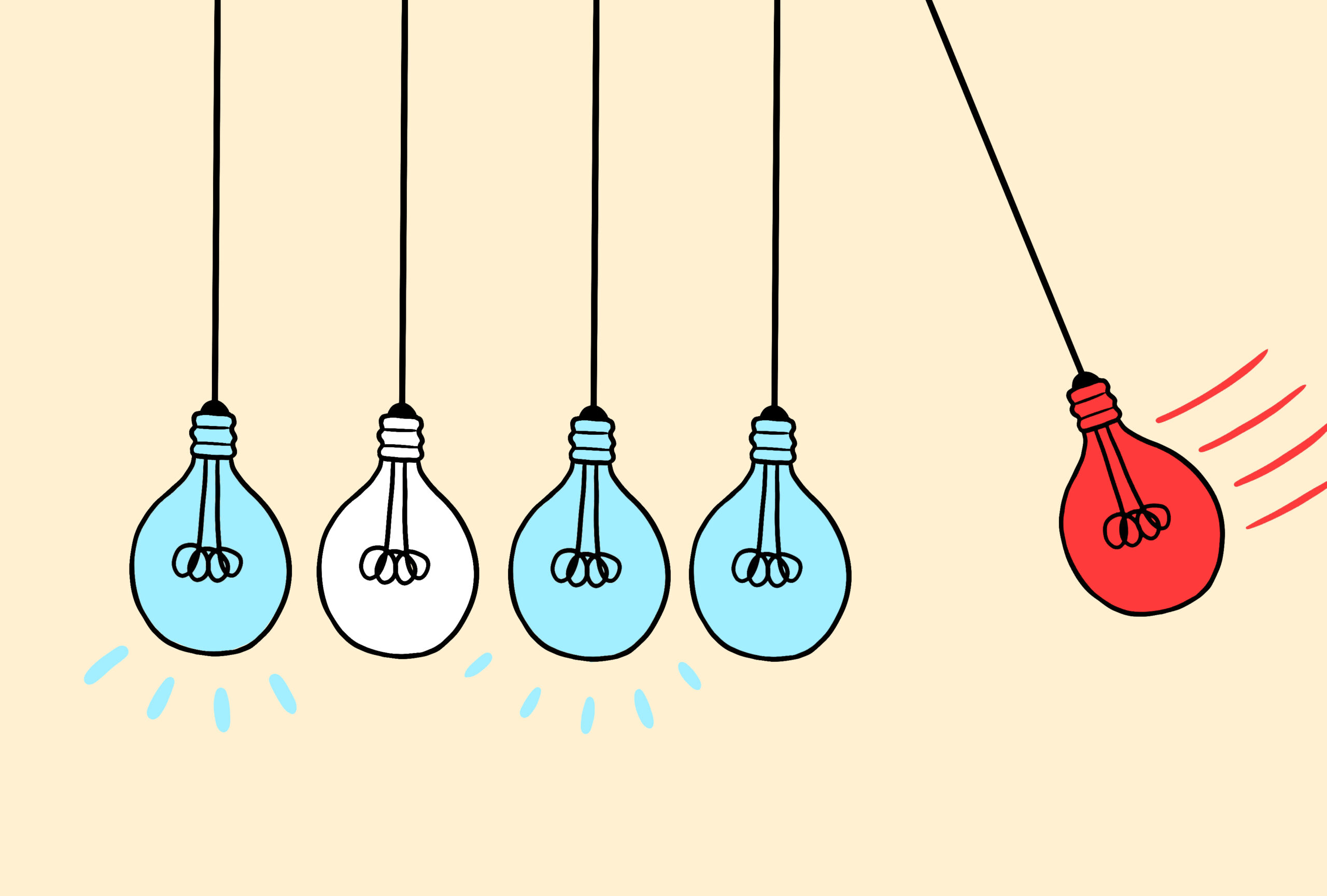
Null and Noteworthy: Metacognition, balovaptan bust, pattern recognition
This month, we pore over null results from a study of the accuracy of emotion recognition skills in autistic people, clinical trials of a vasopressin drug called balovaptan, and an analysis of ‘systemizing’ abilities in autistic children.
Double empathy, explained
The double empathy theory challenges the idea that social difficulties are specific to autism and suggests that problems arise from a mismatch in perspective between autistic and non-autistic people.
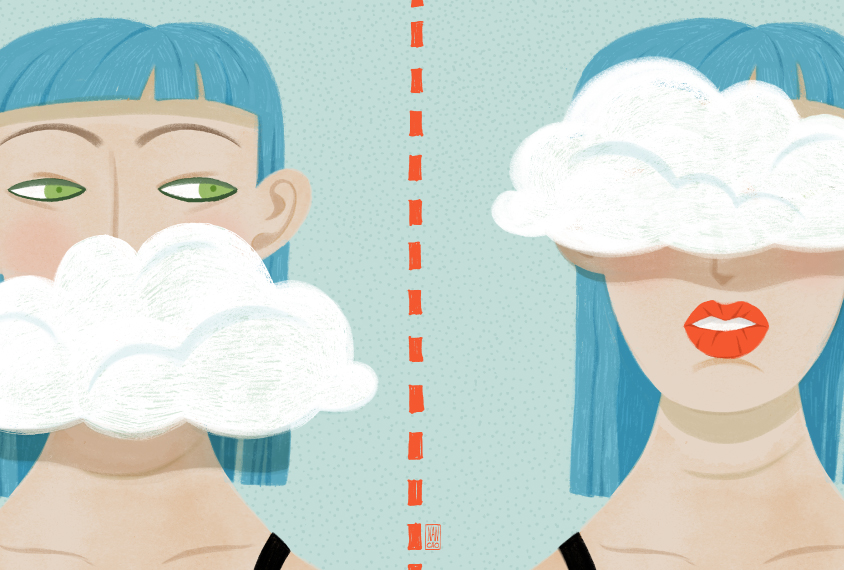
Double empathy, explained
The double empathy theory challenges the idea that social difficulties are specific to autism and suggests that problems arise from a mismatch in perspective between autistic and non-autistic people.
Single neurons may power key ‘theory of mind’ skills
A subset of brain cells signal when someone tries to infer another person’s thoughts, according to a new study.

Single neurons may power key ‘theory of mind’ skills
A subset of brain cells signal when someone tries to infer another person’s thoughts, according to a new study.
‘Theory of mind’ does not fade with age among autistic adults
Autistic people's ability to understand another person's thinking does not diminish with age, as it does for non-autistic people.

‘Theory of mind’ does not fade with age among autistic adults
Autistic people's ability to understand another person's thinking does not diminish with age, as it does for non-autistic people.
Book Review: ‘The Pattern Seekers’ links human invention — past, present and future — to autism traits
Simon Baron-Cohen’s new book is essentially a 272-page argument for his hypothesis that all human innovation stems from the ability to discern and manipulate causal patterns.
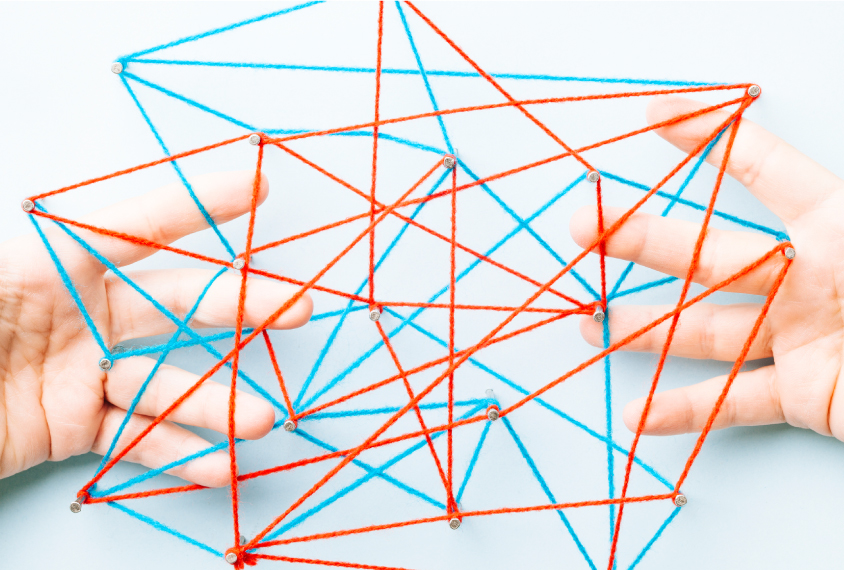
Book Review: ‘The Pattern Seekers’ links human invention — past, present and future — to autism traits
Simon Baron-Cohen’s new book is essentially a 272-page argument for his hypothesis that all human innovation stems from the ability to discern and manipulate causal patterns.
Explore more from The Transmitter
Coding error caused layoffs at National Institute of Neurological Disorders and Stroke this week, source says
Thirty employees—including 11 lab heads—at the institute should “immediately return to work,” according to an email the institute’s Office of Human Resources sent to top administration at the institute Wednesday evening.
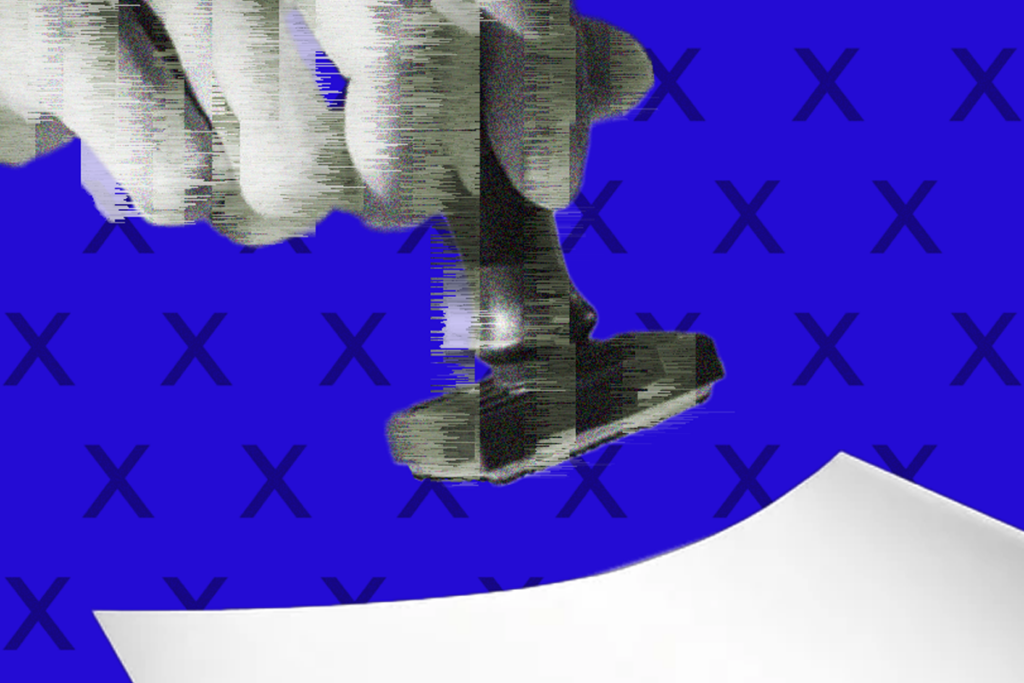
Coding error caused layoffs at National Institute of Neurological Disorders and Stroke this week, source says
Thirty employees—including 11 lab heads—at the institute should “immediately return to work,” according to an email the institute’s Office of Human Resources sent to top administration at the institute Wednesday evening.
PTEN problems underscore autism connection to excess brain fluid
Damaging variants in the autism-linked gene cause congenital hydrocephalus—a buildup of cerebrospinal fluid in the brain—by turbocharging a downstream signaling pathway that promotes the growth of cells, according to a new study.

PTEN problems underscore autism connection to excess brain fluid
Damaging variants in the autism-linked gene cause congenital hydrocephalus—a buildup of cerebrospinal fluid in the brain—by turbocharging a downstream signaling pathway that promotes the growth of cells, according to a new study.
U.S. health agency purge includes 10 lab heads at National Institute of Neurological Disorders and Stroke
The reasons for selecting these researchers—who have led work on neuronal migration, dopamine receptors in neuronal signaling and the structure of ion channels, among other areas—remain unclear.
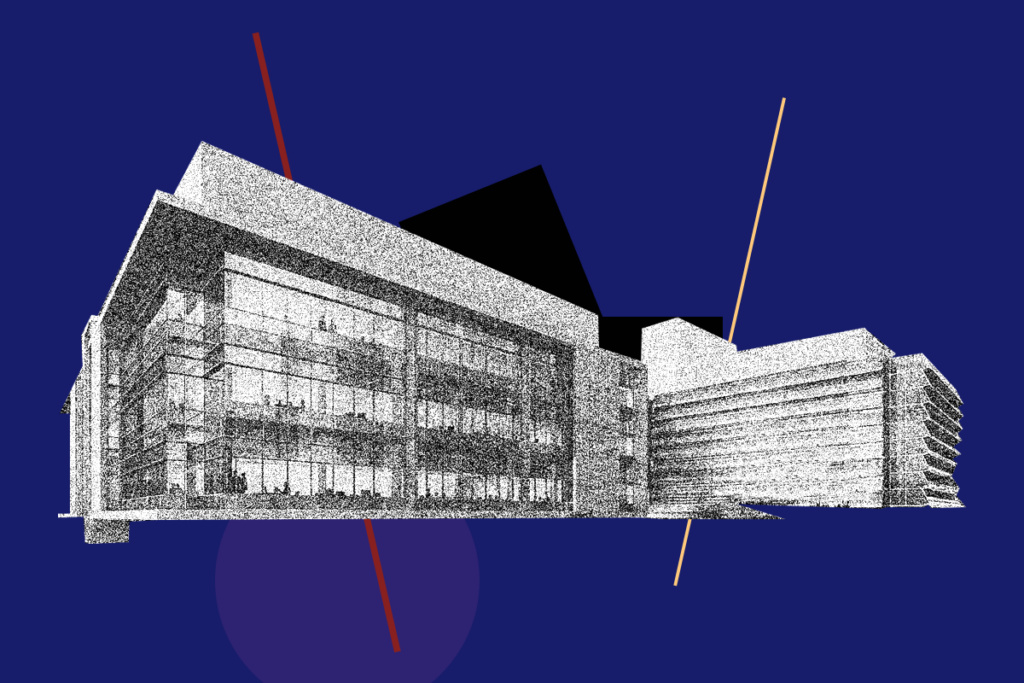
U.S. health agency purge includes 10 lab heads at National Institute of Neurological Disorders and Stroke
The reasons for selecting these researchers—who have led work on neuronal migration, dopamine receptors in neuronal signaling and the structure of ion channels, among other areas—remain unclear.